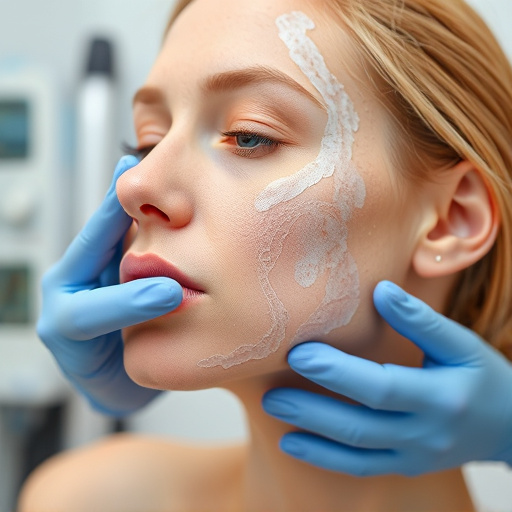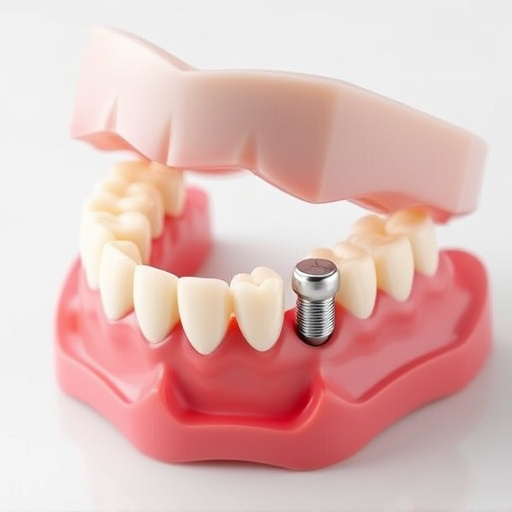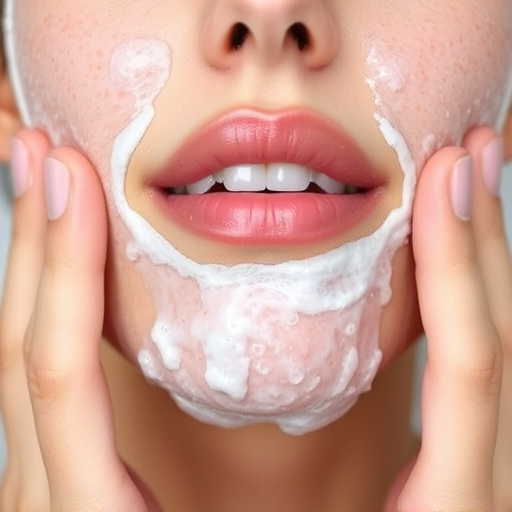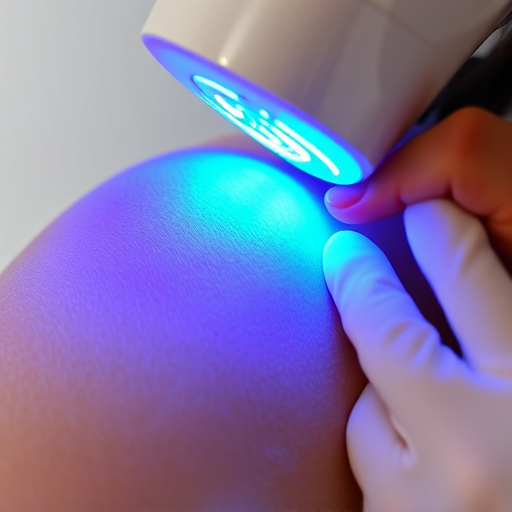Dermatitis, including eczema, contact dermatitis, and seborrheic dermatitis, is a complex skin condition caused by genetic, environmental, and immune factors. Effective dermatitis treatment involves identifying triggers, managing symptoms with topical creams, making lifestyle adjustments (like staying hydrated and practicing good hygiene), and in severe cases, medical interventions. A personalized skincare strategy that combines dermatitis treatment methods like anti-inflammatory creams, lifestyle changes, and non-surgical procedures is crucial for long-term skin health, preventing infections, scarring, and promoting smoother skin.
“Dermatitis, a chronic skin condition, affects millions globally, causing inflammation, itching, and scarring. Understanding its causes and triggers is pivotal to effective management. This article explores the significance of consistent dermatitis treatment in preventing infections and minimizing scarring.
We delve into the role of topical therapies and lifestyle adjustments, offering insights for those seeking to tame this persistent ailment. By embracing a comprehensive approach, individuals can achieve clearer skin and improve their overall quality of life.”
- Understanding Dermatitis: Causes and Common Triggers
- The Importance of Consistent Treatment for Effective Management
- Preventing Infections and Scarring: Topical Therapies and Lifestyle Adjustments
Understanding Dermatitis: Causes and Common Triggers

Dermatitis is a general term for a range of skin conditions characterized by redness, itching, and inflammation. It can be acute, lasting for a short period, or chronic, persisting over an extended time. The most common types include atopic dermatitis (eczema), contact dermatitis, seborrheic dermatitis, and nummular dermatitis, each with distinct triggers and manifestations.
Causes of dermatitis often involve a combination of genetic predisposition, environmental factors, and immune system responses. For instance, atopic dermatitis is associated with dry skin and an overactive immune system, while contact dermatitis results from direct exposure to irritants or allergens. Triggers for flare-ups can be varied, encompassing everyday substances like detergents, soaps, cosmetics, and even specific fabrics. Moreover, certain conditions such as acne treatments, chemical peels, and anti-aging treatments may inadvertently induce dermatitis in some individuals due to their sensitive skin.
The Importance of Consistent Treatment for Effective Management

Consistent dermatitis treatment is paramount for managing this condition effectively and preventing complications like infection and scarring. When left untreated or managed inconsistently, dermatitis can worsen, leading to painful inflammation, blisters, and permanent damage to the skin. A personalized skincare approach that combines topical medications, lifestyle adjustments, and non-surgical treatments offers the best chance at long-term relief.
Healthcare professionals tailor these strategies to the individual’s specific needs, addressing the root causes of dermatitis while promoting skin rejuvenation. Unlike harsh remedies that might offer quick fixes, consistent application of approved treatments ensures the condition is kept under control, allowing for healthier and smoother skin.
Preventing Infections and Scarring: Topical Therapies and Lifestyle Adjustments

Consistent dermatitis treatment is paramount to preventing infections and minimizing scarring. Topical therapies play a crucial role here. Anti-inflammatory creams, corticosteroids, and calcineurin inhibitors can soothe the skin, reducing the risk of bacterial or fungal infections that often accompany dermatitis. By maintaining healthy skin, these treatments create an effective barrier against pathogens, allowing the affected area to heal naturally without introducing further complications.
Lifestyle adjustments are equally vital components of dermatitis treatment. Avoiding irritants and allergens known to trigger symptoms is essential for maintaining skin health. Additionally, staying hydrated, practicing good hygiene, and adopting a balanced diet can significantly alleviate dermatitis. Exploring non-surgical treatments like laser hair removal, while not directly related to dermatitis, can indirectly contribute to overall skin health by reducing the chance of follicle infections and irritation.
Consistent dermatitis treatment is key to preventing infections and minimizing scarring. By understanding the causes and triggers of this condition, individuals can effectively manage their symptoms through topical therapies and lifestyle adjustments. Regular care not only promotes healing but also safeguards against potential complications, ensuring a healthier and less scarred complexion in the long run.














